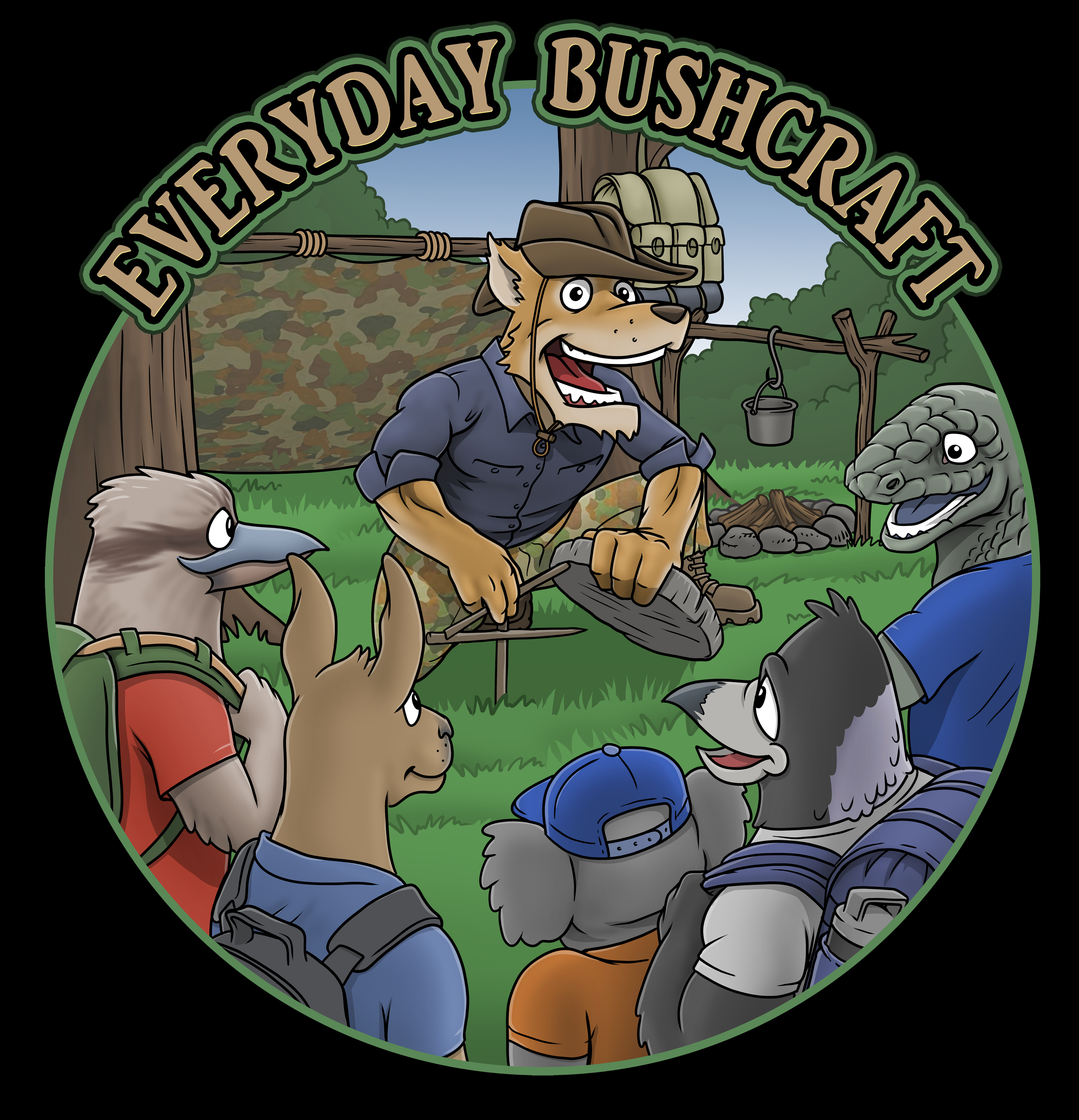
Stress Innoculation
- gbucknell

- Aug 26, 2024
- 3 min read
The Importance of Inoculation in Stressful Situation Training
This past weekend, I had the opportunity to assist with a Scouts first aid course that truly highlighted the importance of inoculation when preparing for stressful situations. Inoculation, in this context, refers to the process of gradually exposing individuals to increasingly stressful scenarios in a controlled environment. This approach builds resilience, confidence, and the ability to think clearly under pressure—skills that are invaluable in emergency situations.
We had nearly 30 Scouts participate in the course, which was designed to prepare them for a Cert II first aid qualification. The first day was instructor-led, with Frank from Vic First Aid delivering both the theoretical and practical components. This foundational knowledge was essential, but it was on the second day that the real learning occurred.
Day two involved four challenging scenarios that the Scouts had to navigate in their patrols. These scenarios were designed to simulate real-life emergencies, requiring the Scouts to apply their first aid knowledge under pressure. The station I ran, with the help of an ex-leader and parent helper, presented a particularly intense scenario: a Scout had fallen over a steep ledge, sustaining a complex fracture of the lower leg, a stick protruding from the abdomen, and a possible neck injury. To add to the stress, the patient would slip in and out of consciousness. The Scouts had to assess the situation, provide appropriate first aid, and then improvise a stretcher to transport the patient to a road for ambulance extraction.
All four patrols rose to the challenge admirably. It was incredibly rewarding to see them apply their knowledge in such a practical, hands-on way. This kind of training—where participants are immersed in realistic, high-pressure situations—serves as a form of psychological inoculation. By experiencing these controlled stressors, the Scouts build the mental and emotional resilience needed to handle real emergencies.
One of the most memorable aspects of the weekend was the creativity and commitment of the Scouts, even in the face of such tough scenarios. There were moments of humor too—like when the “patients” couldn’t resist tasting the (very realistic) blood we’d made using chocolate syrup and food dye. It was probably the best batch of fake blood I’ve ever made, with the perfect consistency and color.
But beyond the fun, the weekend underscored a crucial point: education in the bush or any high-stress environment isn't just about imparting knowledge—it's about preparing individuals to apply that knowledge under pressure. The more we expose people to these stressors in a safe, controlled way, the better equipped they are to handle real-world emergencies.
Inoculation training is about more than just learning first aid techniques; it's about building the mindset needed to remain calm, collected, and effective when it really counts. For anyone involved in training others, especially in first aid or emergency response, incorporating elements of stress inoculation is vital. It not only enhances the learning experience but also ensures that when the time comes, those we've trained are ready to act with confidence and competence.
This weekend was a perfect example of how effective this approach can be. I left with a deep sense of satisfaction, knowing that these Scouts are now better prepared to handle whatever challenges they may face in the future—and that I played a part in their journey toward becoming resilient, capable individuals.









Comments